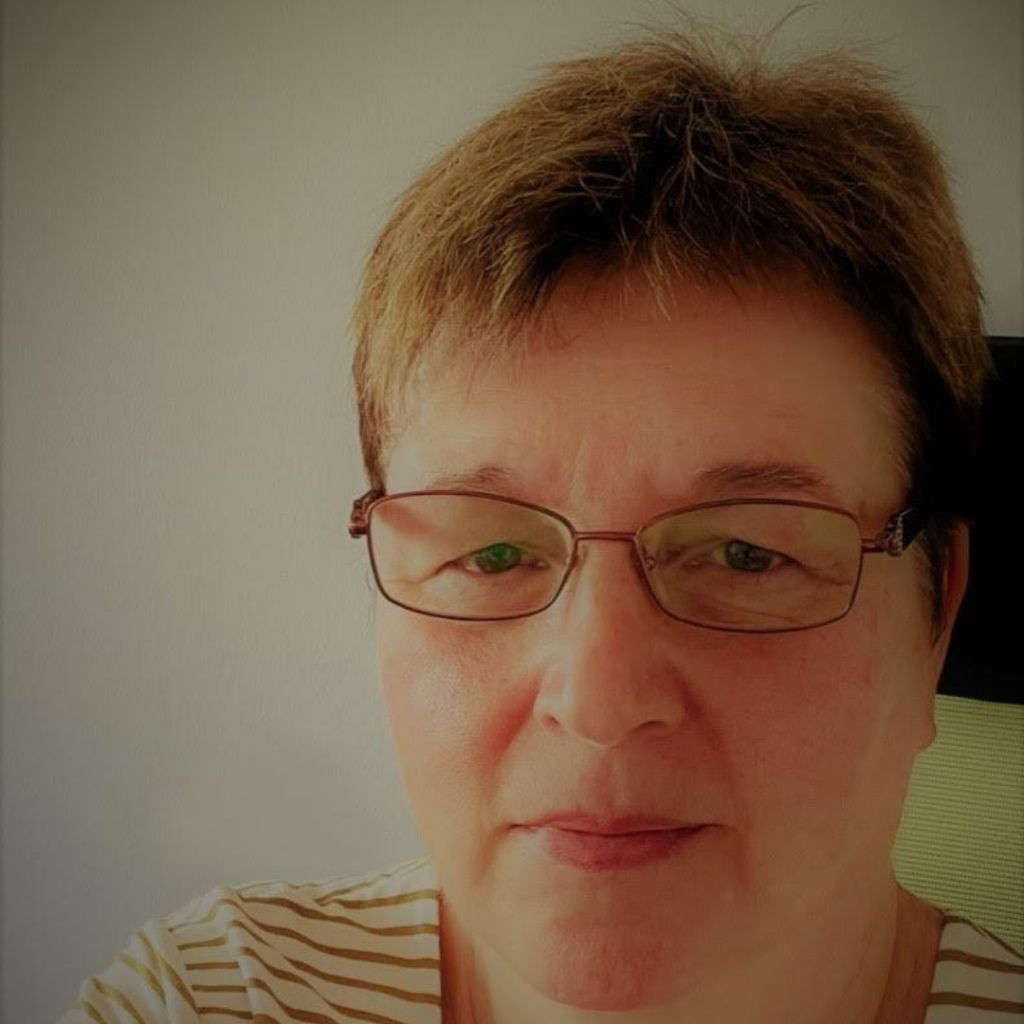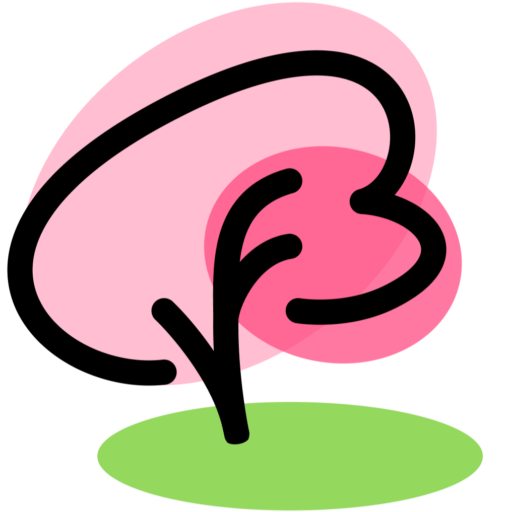Polona Oblak

daybreak
a blackbird sings the cherry
into bloom
Polona Oblak
Ljubljana, Slovenia
Congratulations on having your haiku selected as the top winner in the International category in the Vancouver Cherry Blossom Festival’s 2023 Haiku Invitational contest. How did you first learn about haiku, and how much writing of haiku or other poetry have you done?
Thank you. In my time I don’t recall haiku being taught in schools, which, on reflection, was probably a good thing. My writing has always been on the concise side, which mostly didn’t go down too well with my teachers, so I never had any desire to write. I don’t think I’d be ready to embrace any kind of creative writing without having attended an English as a second language course in my late 30s where the teacher prompted us to write essays on a given topic no matter how long or short they might be. He seemed genuinely impressed with what I had been presenting and encouraged me to keep writing. Forward a couple of years and I found myself participating in a local forum where I came across a few articles by a Croatian artist and haiku poet Borivoj Bukva in which he wrote about haiku and included some examples. I was immediately intrigued. They were short, concrete, and mostly about nature—all things that appealed to me. So, in late 2005 I penned my first attempts at haiku—no need to say they were far from the real thing, but it was a start that earned me a brief lesson by Alenka Zorman, editor of the soon-to-be-discontinued journal Letni Časi (The Seasons), and my first publication therein.
What was the inspiration for your winning poem?
I have always loved listening to the dawn chorus. Blackbirds are members of the thrush family and have a very lovely and distinctive song. They also thrive in populated areas and can often be seen singing from exposed areas such as high in fruit trees. When I woke up one morning to the blackbird song and saw buds opening in the neighbouring plum tree (well, yes, it was originally a plum) it was easy to associate the two. The resulting poem seemed like a contender so I replaced plum with cherry and submitted it to this year’s VCBF Haiku Invitational.
Describe the moment when you first learned you had won.
Due to the time difference, I discovered the email in the morning while getting ready for work. At first I didn’t quite realise what I had just read so for much of the day I was quite cool about it. When the message finally sank in, I treated myself to a drink and a cake. I didn’t tell anyone until the following day when I shared it with the selected few friends and family members.
Do you have favourite books or websites relating to haiku that others might benefit from to learn haiku as a literary art and to share one’s haiku?
Apart from the usual suspects (the Haiku Foundation, the Haiku Society of America, and Graceguts) I’d like to point out Haiku Happenings (https://poetrysociety.org.nz/affiliates/haiku-nz/haiku-happenings/), curated by Sandra Simpson. It’s hosted by the New Zealand Poetry Society and contains a wealth of resources, including articles on haiku and related forms, a list of publications to submit to, upcoming contests, and much more. Among publishers outside of North America (such as Red Moon Press, Brooks Books, and others), also worth mentioning is UK-based Snapshot Press (https://www.snapshotpress.co.uk/index.htm) with a number of top quality anthologies and collections, plus many free e-chapbooks on their website.
Please tell us more about yourself.
I may be a banker by occupation but I’m a naturalist at heart. It ails me to see what humanity has done and continues doing to our planet and I hope we as a species never get to infest another part of the galaxy. As a youngster I played basketball competitively on a relatively high level and was later actively involved in a couple of more exotic sports such as nine-pin bowling and bocce volo. Sadly, my knees no longer allow me to be particularly active.
How does where you live and what you enjoy doing affect the way you write haiku?
Slovenia (and, in fact, most of what used to be Yugoslavia) has diverse landscapes with a lot of natural beauty. Unlike in urban areas where I often find myself operating on autopilot, mindfulness in a natural environment has always been my innate state of mind, which lends itself well to haiku. As I spend most of my time in a city, I write about that as well, and also about inner landscapes. Nature-themed haiku may not be the most popular but when done well they are closest to my heart.
Haiku Invitational ↗
Return to the main page of the Haiku Invitational.
Meet Our 2022 Winners ↗
Meet our 2022 Haiku Invitational winners.
2022 Commentary ↗
Read the judges’ 2022 commentary for inspiration for your own haiku.
2023 Haiku Exhibition↗
Celebrate winning haiku with commissioned pieces by Musqueam, Squamish, and Tsleil-Waututh artists.
More Haiku ↗
View additional categories of 2022 Sakura Awards and Honourable Mentions.
Programs subject to change. All event titles are protected trademarks of the Vancouver Cherry Blossom Festival.

